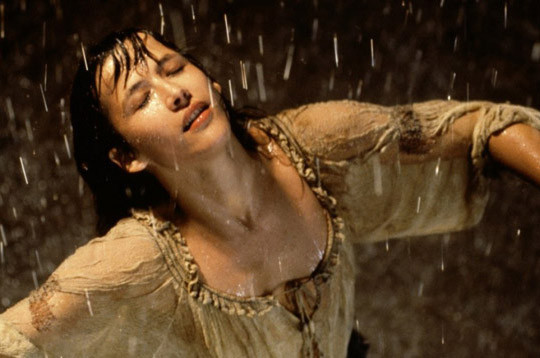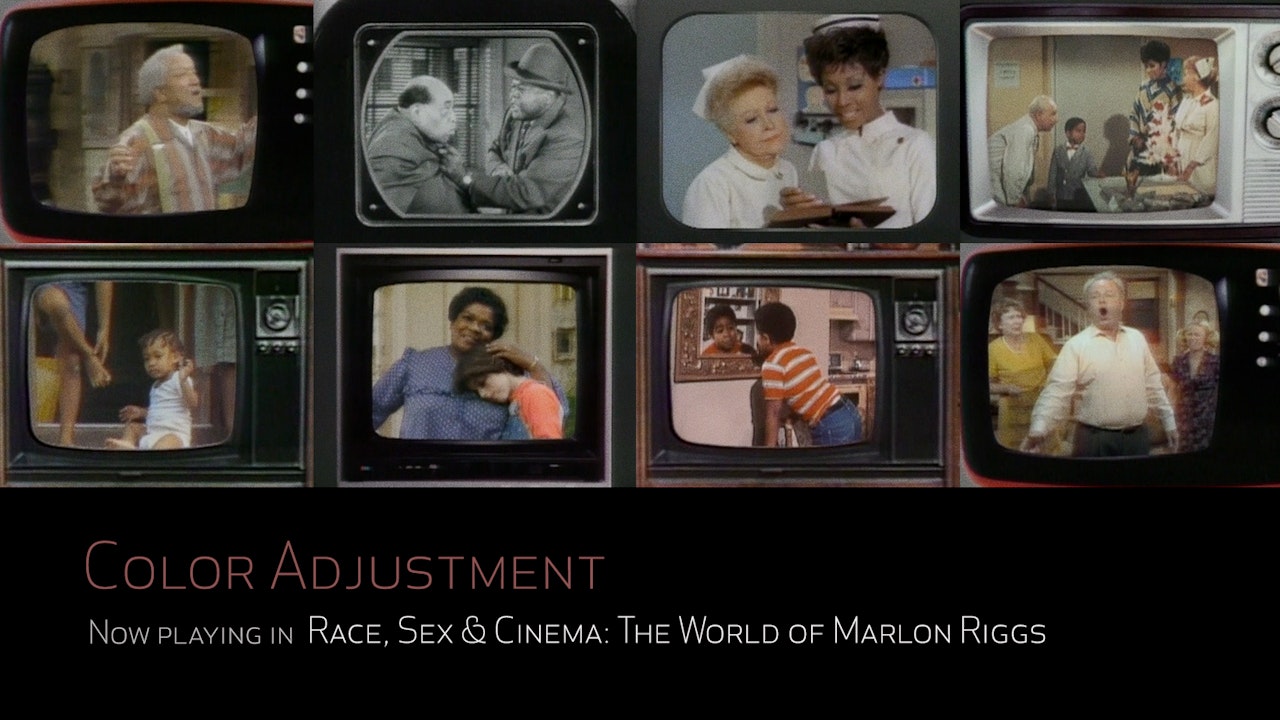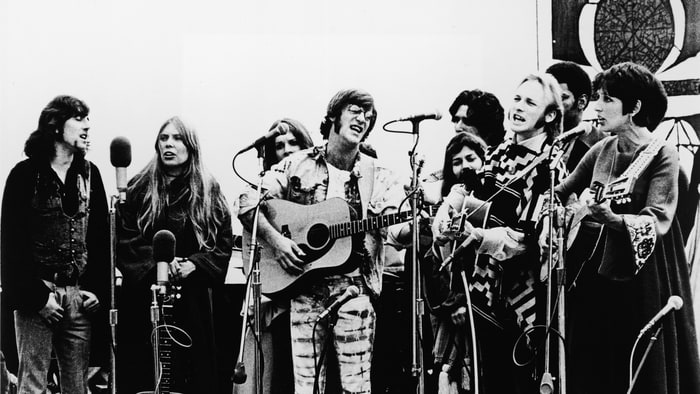
Ripley's Game, 2002
Tom Ripley (John Malkovich), Patricia Highsmith's sociopathic creation, is living in a gorgeous house with a beautiful girlfriend and dealing in the world of art. When he's insulted by a local art framer named Jonathan (Dougray Scott), Ripley finagles a way to get a local mobster (Ray Winstone) to enlist Jonathan to assassinate a rival mobster. Jonathan, who is dying of leukemia, agrees to take the job because he wants to earn money for his family before he passes.
I have to wonder how I would have felt about this film if it weren't for the fact that I just recently watched The American Friend, a 1977 adaptation of the same source novel as Ripley's Game. The 70s version, directed by Wim Wenders and starring Dennis Hopper in the strangest incarnation of Ripley I've seen, has an appealingly off-kilter approach to the story.
By comparison, this version feels a lot more by-the-numbers. For me, of course, the 70s version had the benefit of novelty. This time around I knew the trajectory of the plot. And, further, many of the moments that really stood out to me in the 70s version (such as Jonathan talking to his son in the bathtub, or an action sequence on a train), felt overly familiar here. Even Malkovich's approach to the character feels a bit "classic sociopath." I've not read this Ripley novel (I have read three of them), but there were several moments of dialogue that felt a bit too "writerly".
On the plus side, the film is technically strong. The direction and the acting are all really solid. And I liked the way that we watch Scott's Jonathan evolve---not necessarily in a positive direction--as he gets deeper and deeper into the world of hired killing. The film seems to be aiming for a sort of see-saw dynamic, where Ripley makes Jonathan a bit colder and harder, and Jonathan makes Ripley a bit more sentimental.
That last point was something I felt unsure about. Ripley being protective of Jonathan because he likes him just doesn't totally compute for me. I more like the idea that Ripley sees Jonathan as his creature to torment, and resents the idea that someone else might step in and take over.
There were several strong sequences in this film, and overall I enjoyed it. Something I didn't vibe with were the scenes between Ripley and his girlfriend. They weren't badly written or acted, per se, they just didn't feel relevant or connected to the larger plot. I'm sure there was maybe something thematic that I just missed, but every time the film landed on Ripley and his girlfriend I was like "Ugh . . . no."
This was a good movie---and it's one of Ebert's Great Films!--but it didn't have the magic that I felt with the 70s adaptation. Worth watching, certainly, just pales a bit in comparison to The American Friend.
I like Malkovich as Ripley, but the fact that he plays him so conventionally makes me prefer Hopper (and Delon, for that matter). I think Highsmith's prose captures Ripley's essence so well that I prefer actors who do their own take. Malkovich is quite good, but also seems a little too faithful to distinguish himself in the same way.
I recently watched Croupier and Clive Owen's character in that reminded me quite a bit of Ripley here. I don't know if you've seen that movie, but there's the sense that Owen's character views others as a means to an end, but also has a certain sense of ethics and does care about others, even if it's in a cold, mathematical way. I do think Malkovich balances those sides of his character well enough, but I remember finding the scenes with the girlfriend comparatively flat (I'm open to revisiting the movie but I wonder if it's intentional for that reason). Hopper's relatively unpredictable presence I think bridges those contradictions without the need for a girlfriend character.
Curious to see how the murder sequences hold up, because I found The American Friend especially rewarding on a visual level during those scenes.
__________________



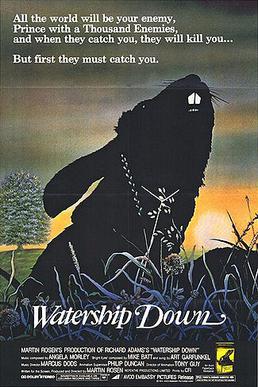

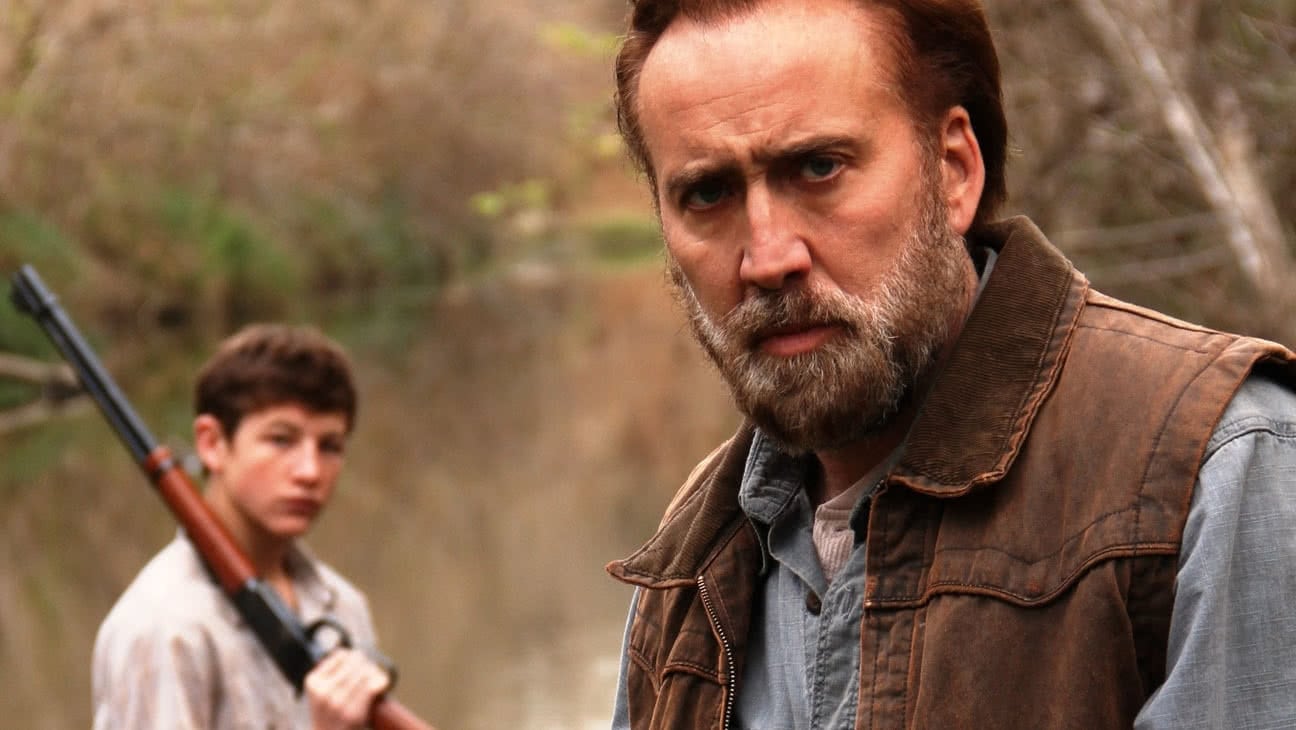

 Check out my podcast:
Check out my podcast: 


